Mobile Computing
FERC Complaint Targets Duke, PJM Transmission Planning
Enhance Utlity Fleet Tools & Best Practices
Mobile Computing

Alternative Vehicle Options: Upfitted Vans for Utilities
Utility workers and linemen work in one of the most mobile industries in the country. Think about it: utility workers are always moving from one project to the next as efficiently as possible. Since utility workers rely so heavily on their work vehicles, it is critical that they drive a vehicle that works best for their needs.
Fleet managers now have a wide variety of vehicles to choose from, ranging from utility trucks,...
Related Articles
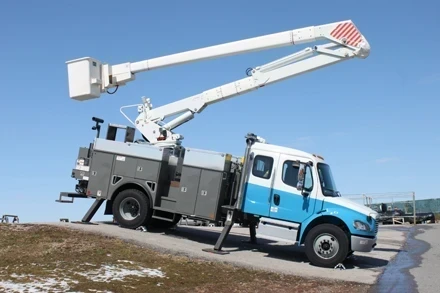
Enhance Utlity Fleet Tools & Best Practices
Fleet managers working at electric utilities know that for crews to be successful on any jobsite, they need to have access to tools that will help them work safer, smarter, more efficiently and more profitably. In the electric utility industry, a utility truck, whether an aerial device, such as a...
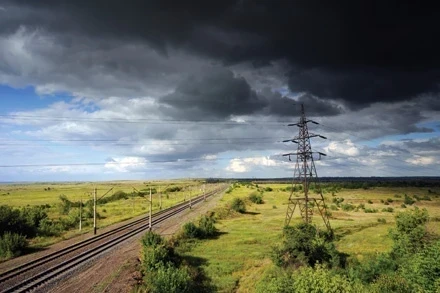
Crew Scheduling and Dispatch
How mobile solutions improve restoration efforts BY JIM MENTON, ClickSoftware Electric utilities are modernizing the power grid to meet the demands of an increasingly digital society. In the same way, mobile solutions are helping service personnel (line crews, contractors, and supervisors)...

Geo-targeting with Data Analytics
How to reduce peak load in constrained areas of the grid BY W. HUGH GAASCH, Retroficiency With an aging infrastructure, rising demand, and an increasingly stringent regulatory climate, utilities across the country face some tough decisions in the coming decade. The American Association of Civil...

ENHANCING REMOTE WORKER SAFETY
Remote field operations present the safety organization with a myriad of challenges when it comes to ensuring the safety of the people that you send out to work in the field every day. Without a doubt, this includes the line workers, but it also includes nearly every member of the staff whose...
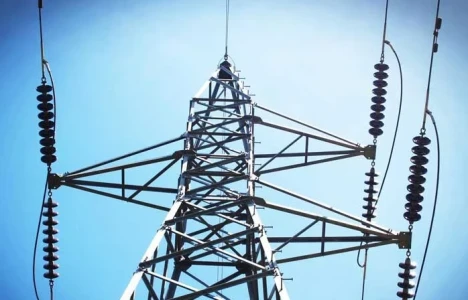
FERC Complaint Targets Duke, PJM Transmission Planning
A coalition of large energy consumers and ratepayer advocates has filed a complaint with the Federal Energy Regulatory Commission (FERC), urging the agency to prohibit transmission owners from independently planning "local" transmission projects exceeding 100 kilovolts (kV). The coalition argues...

ENHANCING REMOTE WORKER SAFETY
Remote field operations present the safety organization with a myriad of challenges when it comes to ensuring the safety of the people that you send out to work in the field every day. Without a doubt, this includes the line workers, but it also includes nearly every member of the staff whose...
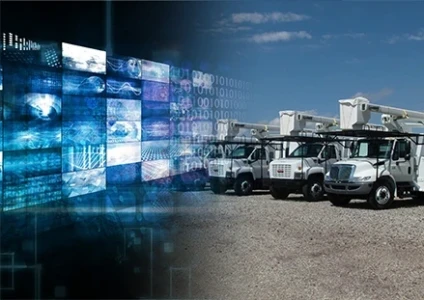
Utilities Opt to Automate Crew Scheduling, streamline work
For many utilities, scheduling each day’s construction and restoration work means manually organizing and keeping tabs on ever-changing crew schedules and resources. Managers meticulously update whiteboards dotted with color-coded magnets representing crews and trucks. Augmenting the...

I Need To Hire a Utility Contractor. Where Do I Start?
In June 2012, the Ontario Legislature unanimously passed Bill 8, the Ontario Underground Infrastructure Notification System Act, which, among other things, requires owners of buried infrastructure in the public right of way – including municipalities, universities, hospitals and private...
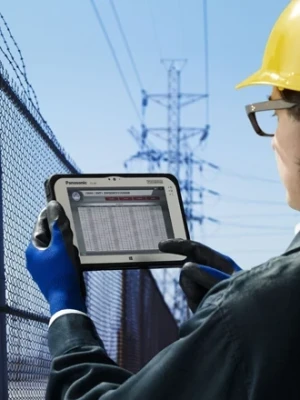
Utility Mobility
Utility workers are often subjected to challenging working conditions for hours at a time, yet are responsible for many mission-critical tasks. These workers must communicate with the entire organization while also representing the customer-facing side of their company. Equipping workers with...

Alternative Vehicle Options: Upfitted Vans for Utilities
Utility workers and linemen work in one of the most mobile industries in the country. Think about it: utility workers are always moving from one project to the next as efficiently as possible. Since utility workers rely so heavily on their work vehicles, it is critical that they drive a vehicle...
